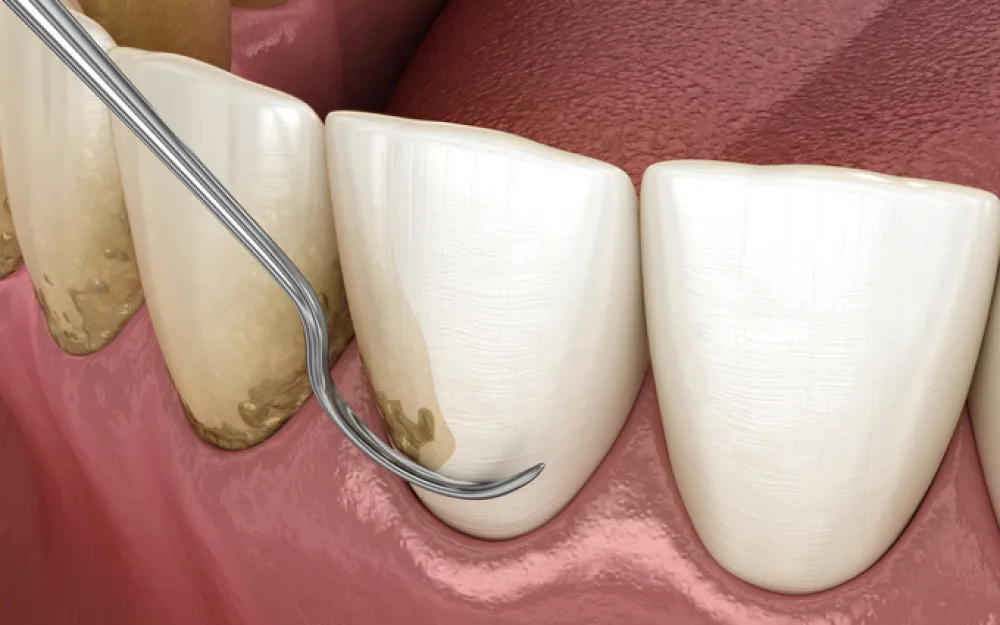Different Treatments for Gum Disease Explained

According to research cited by the National Institute of Clinical Excellence, gum disease is present in around half of UK adults. People live with the milder form of gum disease, gingivitis. If they don’t visit a dentist to have it treated it can develop into the more severe form - periodontitis - and ultimately lead to tooth loss.
Happily, even when the disease is quite advanced, there are safe and effective treatments to improve gum health.
Scaling and Root Planing
Scaling and root planing is a deep cleaning procedure that removes plaque and tartar from the teeth and below the gum line. The treatment includes smoothing the root surfaces to prevent bacteria from sticking to them. Scaling and root planing can reduce inflammation, bleeding, and pocket depth in people with gum disease. It is usually done under local anaesthetic by a dentist.
Antibiotics
Antibiotics are sometimes prescribed to fight the infection caused by bacteria in the gums. They can be taken orally, applied as a gel, or inserted as a thin strip into the pockets between the teeth and gums. Antibiotics can help reduce swelling, pain, and bleeding in people with gum disease. However, they are not a substitute for scaling and root planing, and they may have side effects or interactions with other medications.
Surgery
Surgery is an option for people with advanced or resistant gum disease that does not respond to scaling and root planing or antibiotics. There are different types of surgery, such as pocket reduction surgery, bone grafting, soft tissue grafting, and guided tissue regeneration. Surgery can help restore the health and appearance of the gums, reduce pocket depth, and prevent tooth loss.
Don’t Ignore Symptoms
If you have any signs or symptoms of gum disease, such as redness, swelling, bleeding, or bad breath, you should not ignore them. Gum disease can affect your oral health and your overall health. The sooner you seek treatment, the better your chances of saving your teeth and gums.
Your gum health will be checked by your dentist or hygienist and, hopefully, brought quickly under control. If severe periodontitis has already taken hold, you may be referred to one of our experienced periodontal specialists who will be able to advise you on the best course of action to restore gum health.


